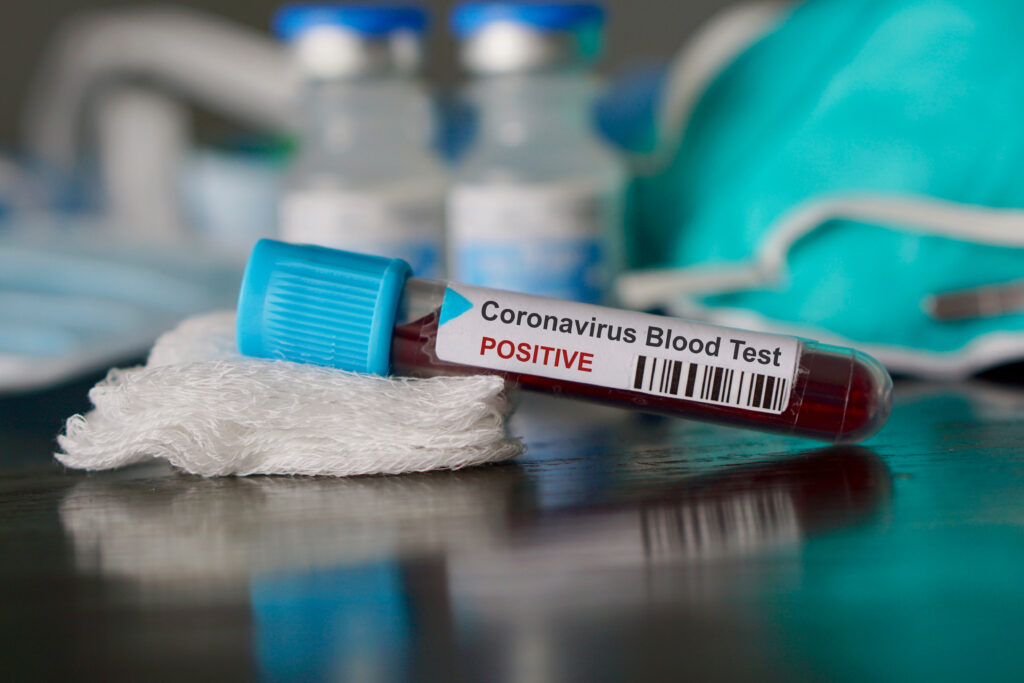Schaeffer Center Nonresident Senior Fellow Bob Kocher will join the public-private effort, which is aiming for record-level testing across the state.
California Governor Gavin Newsom announced the launch of a public-private coronavirus testing task force, with the goal of substantially expanding testing capacity across the state. By April 31st the task force aims to increase the number of test administered to 25,000 per day, a level not seen in any part of the world. For comparison, New York is currently averaging 18,000 tests a day and South Korea averages 6,200 tests per day.
“One of the most important things after flattening the curve is being able to understand where the coronavirus is present and where it is spreading so that the state can coordinate resources and focus its efforts effectively and efficiently,” said Bob Kocher, MD, who is one of the private sector members on the task force. “Through this task force, we will be able to leverage partnerships across the public and private sectors of California to scale testing across the state and use that information to tailor the interventions to stop it locally and regionally.”
Kocher is a Nonresident Senior Fellow at the USC Schaeffer Center for Health Policy & Economics and an Adjunct Professor of Medicine at Stanford University School of Medicine. He is also a Partner at Venrock, where he focuses on healthcare IT.
The priority of the task force is to ensure widespread testing is available, including for all individuals who are symptomatic as well as healthcare workers and first responders. In addition, the task force aims to ensure broad community testing is developed to predict hot spots, track the spread, and better understand the epidemiological curve. Testing will include both diagnostic testing for patients who are symptomatic and serology testing – blood tests — for documenting immunity.
California Faces Unique Challenges, Opportunities to Contain the Virus
California is the most populous state in the country and covers the third largest geographic area, both of which make slowing and containing the spread of a virus particularly challenging. The size also makes it hard to ensure adequate access to healthcare for everyone, especially when there are predicted strains on the system.
Through partnerships with institutions and companies across the state, California will be able to develop a variety of testing modalities as well as enhance and expand the supply chain infrastructure. This will include a coordinated approach to testing and tracking, a network of organizations to process tests, and a network of suppliers.
“California has an expansive technological and biomedical sector. Private and public institutions across the state have been willing to come together to develop and bring tests to market more quickly. In addition, we addressing supply chain issues and expanding work force capacity so these tests can get brought into communities across the state,” explained Kocher. He predicted that by this summer, all Californians will have a testing place within 30 minutes of their house.
The first state to issue a statewide stay-at-home mandate, cities and regions across California have been hot spots of the coronavirus pandemic. But data on new cases and deaths in recent days offers some compelling evidence the mandated social distancing is starting to have a positive effect.
“Scaling up testing capacity, especially blood tests for the virus and antibodies, will help us have a very good sense of what portion of the population is most susceptible which will allow the state and local public health officials to have a much more targeted approach,” said Kocher. “I am hopeful California will turn the tide on this pandemic and be a model for the rest of the Nation.”
USC Schaeffer Center experts are conducting analysis and providing insight for public health officials on the coronavirus’ impact on health, the economy, public policy, and human behavior. The latest from the Schaeffer Center is available at https://healthpolicy.usc.edu/topic/coronavirus/
